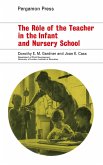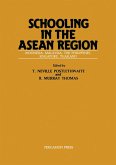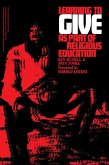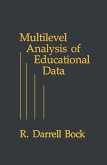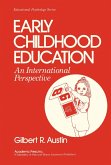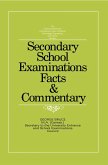Comprised of seven chapters, this book seeks to clarify everyday school decisions made by school personnel based on the child's performances in particular classroom and testing situations that influence his/her educational career early in life. The discussion begins by focusing on the placement of students in two kindergarten classes in two southern California school districts. More specifically, the chapter examines the practices used by teachers to assign students to classes having particular characteristics; to place them in ability groups within classes; and to promote them to the next grade. Subsequent chapters explore how teachers accomplish classroom lessons; intelligence testing as a social activity; standardized tests as objective/objectified measures of a child's "competence" in school; and tests and experiments with children. The final chapter outlines some basic theoretical issues in the assessment of the child's performance in testing and classroom settings.
This monograph will be a valuable resource for educators, sociologists, and psychologists.
Dieser Download kann aus rechtlichen Gründen nur mit Rechnungsadresse in A, B, BG, CY, CZ, D, DK, EW, E, FIN, F, GR, HR, H, IRL, I, LT, L, LR, M, NL, PL, P, R, S, SLO, SK ausgeliefert werden.



